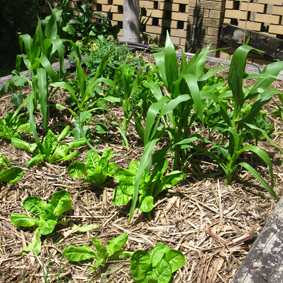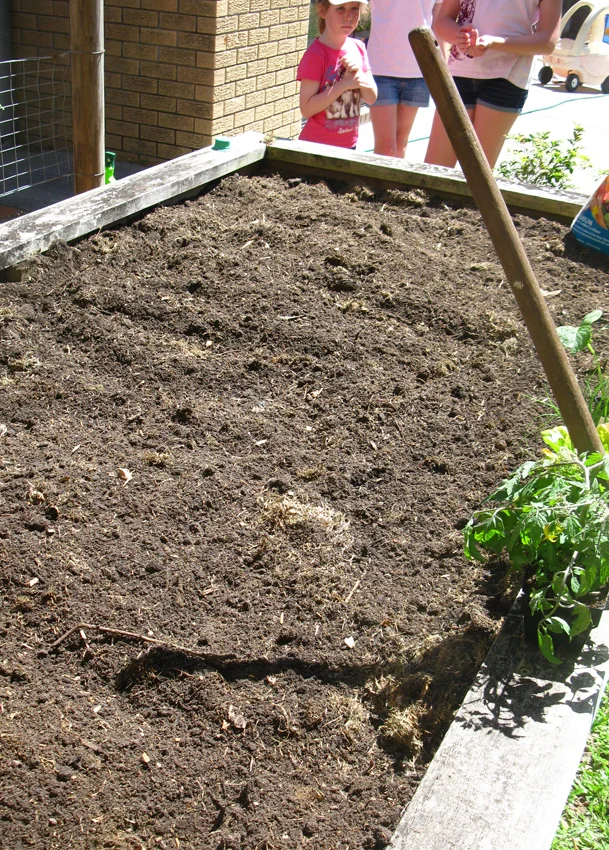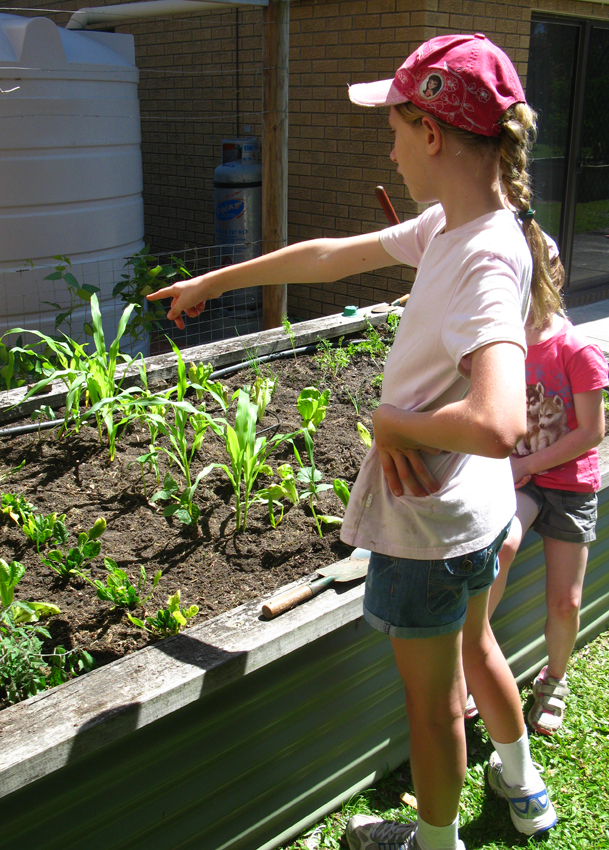Yes, it’s quite conceivable to relate shampoo and compost. Shampoo helps maintain healthy and vibrant hair, full of life and helping you get great results. Compost does exactly the same for your garden, the essential ingredient to creating a healthy and vibrant soil that allows your plants, herbs and veggies to thrive!
Everyone needs it but not everyone knows it!
Successful gardening requires many things, time, patience, learning, hands on and lots of trial and error but there is one factor that can make success just that more attainable… COMPOST!
The life of your soil is critical to getting a garden growing and thriving. It’s one of the most important ingredients to a healthy soil life and one of the main principles behind sustainable gardening practices. Compost or humus, is the natural product that results from the process known as composting.
Composting has been recorded in history from around 10,000 years ago and is a natural process of decomposition of organic material, particularly garden waste, kitchen scraps, grass clippings, leaves, manures, straw… breaking down through microbial action to produce humus or compost as we know it.
Compost has so many benefits for garden soil, Black Gold you could call it. Not strictly a garden fertiliser, compost is a soil conditioner that can quickly turn a lifeless and unenthusiastic soil into a buzz of activity, with you and your plants the beneficiaries.
- Compost contains macro and micronutrients quite often absent in synthetic fertilizers and Compost releases these nutrients slowly—over months or years, unlike synthetic fertilizers.
- Compost helps sandy soil retain water and nutrients and builds organic matter quicker than anything else. This is particularly important for gardens on the coastal strip.
- Compost loosens and breaks up a clay soil with repeat applications, making clay soils easier to work and more nutrients available so roots can spread, water drain & air penetrate.
- Compost encourages healthy root systems.
Compost is full of life and adds it to your soil. All of the bacteria, fungi, and other microorganisms integral to the composting process contribute to your soil life, making it healthier and your plants stronger and less prone to disease and pests.
Regular applications of compost to any garden soil will prove extremely beneficial in the short and long term, especially for home veggie gardens where you will see fantastic results almost immediately.
Compost is produced in two ways, and available in two ways, commercially and privately.
- Commercial composting is a thorough, scientific and registered process that produces fantastic composts, usually available in bags.
- At home there are a number of different ways to compost. All of the methods are a fantastic way to produce your own compost and reduce green and food waste at home.
Grounded always uses 30 litre BFA (Biological Farmers Association) Certified Organic Compost from Amgrow, to make sure you get the best results in the home garden.















